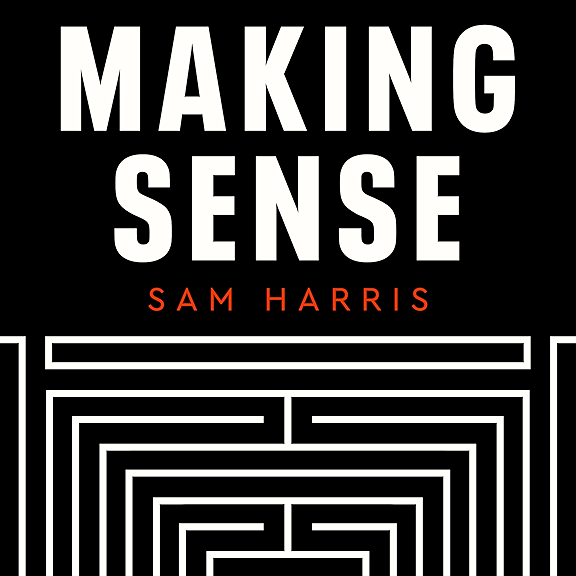
It’s Hot. But How Hot? | Canine Cancer Vaccine Shows Promising Results
Researchers say the Wet Bulb Globe Temperature is a better indicator of heat stress. Also, cancer is the leading cause of death in dogs. A new vaccine has increased survival rates in clinical trials, offering hope for dogs and humans.
Yes, It’s Hot. But How Hot?
Much of the country has been enduring a heat wave this week, with millions sweating from Maine to the Midwest. But describing exactly how hot it is—and when temperatures become hazardous—can be challenging. Beyond the basic temperature, there’s the heat index, invented in 1978, which incorporates humidity measurements and is supposed to give a better indication of how a person might feel outside. Some health researchers are calling for more attention to a different type of temperature measurement known as the wet bulb globe temperature. It tracks temperature, humidity, and sunlight, and improves upon the heat index standard.
Umair Irfan, senior correspondent at Vox, joins SciFri’s Kathleen Davis to talk about measuring temperatures and protecting yourself from extreme heat. Plus, they discuss other stories from the week in science, including advances in tornado prediction, a delay in a return flight from the International Space Station, and a newly-described horned dinosaur that once roamed the US.
A Canine Cancer Vaccine Shows Promising Results
Dogs are by far the most popular pet in the United States: 62 million households have at least one. They are humans’ best friends, after all. Sadly, cancer is the leading cause of death in domestic dogs. And when a pet gets sick, it can be devastating for the entire family.
Lucky for dogs (and their people), there may soon be a breakthrough in treating canine cancer: a vaccine that can slow and even stop the spread of tumors. Clinical trial results are quite promising so far, increasing 12-month survival rates in dogs with some cancers from 35% to 60%. The research team also reports that in many dogs the vaccine shrinks tumors.
Joining guest host Kathleen Davis to talk about this novel therapy is Dr. Mark Mamula, professor of medicine at the Yale School of Medicine in New Haven, Connecticut. Mamula discusses this important breakthrough, and possible future applications for human cancer therapies.
Transcripts for each segment will be available after the show airs on sciencefriday.com.
Subscribe to this podcast. Plus, to stay updated on all things science, sign up for Science Friday's newsletters.




















